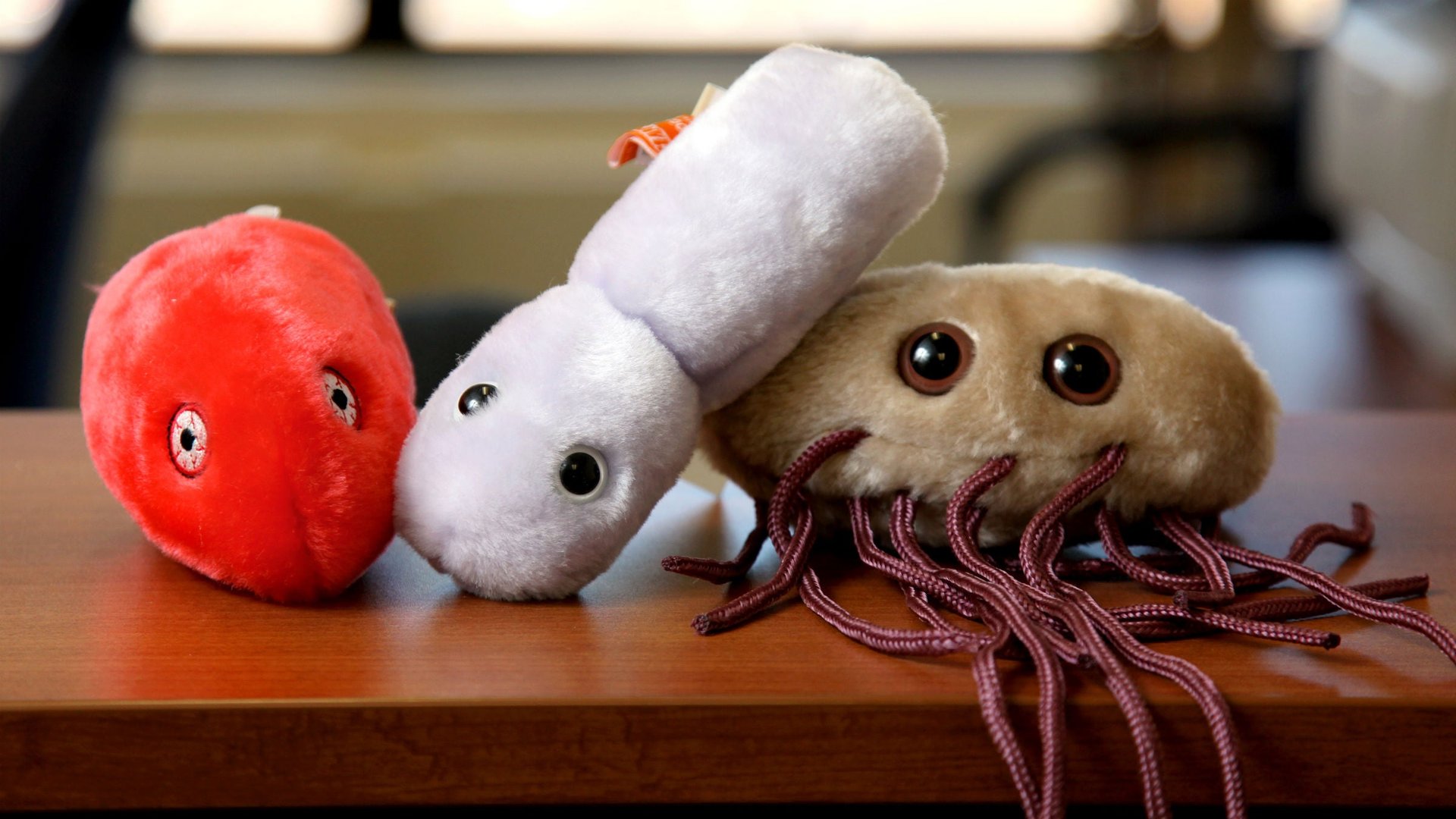Eating yogurt makes you more friendly
English is rich with idioms that connect our bellies with our behavior. We get “butterflies in our stomachs” or just have a “gut feeling” about things. But increasingly, there’s scientific evidence that the bacteria in our guts might influence emotion and behavior.


English is rich with idioms that connect our bellies with our behavior. We get “butterflies in our stomachs” or just have a “gut feeling” about things. But increasingly, there’s scientific evidence that the bacteria in our guts might influence emotion and behavior.
Our gastrointestinal tracts teem with tens of thousands of species of bacteria. These germs are already known to help regulate the digestive process and to play a role in weight and food cravings. Some scientists are finding, though, that these same microbes can also alter our brain chemistry. Just how this happens is still being figured out, but one pathway might be the vagus nerve, which runs from the brain to the stomach. The bacteria stimulate the vagus nerve, and that, in turn, stimulates the production of various neurotransmitters—the brain chemicals that partly determine what we think and how we feel.
Mice raised in sterile, bacteria-free bubbles exhibit autistic-like social traits. “When we look at the brains of these animals, we see marked changes in the serotonin system and the levels of proteins involved in plasticity,” said John Cryan, a neuroscience professor at Ireland’s University College Cork during a recent talk at TEDMED.
One study showed that giving such mice a certain probiotic reversed their autistic symptoms. Feeding a different probiotic to anxious rodents brought down their anxiety levels, as did administering a fecal transplant to one particularly anxious mouse.
And it’s not just mice: In 2011, a small group of human volunteers saw reductions in depression and anxiety after taking a combination of Lactobacillus helveticus and Bifidobacterium longum for 30 days. Two years later, scientists at UCLA found that healthy women who ate yogurt twice a day showed changes in the parts of the brain that process emotion.
Now, Cryan and others have put forth a speculative theory that our gut bacteria played a key role in developing early humans’ social personalities. As human society evolved, people needed to understand each other better in order to cooperate, share resources, make tools, hunt, mate, and raise children. Based on the story of the autistic, bacteria-free mice, Cryan suggests that it might have been our gut bacteria that spurred us, back in our caveman days, to learn to get along with others. Look at it from the bacteria’s perspective: The better their human hosts became at socializing, the more likely it would be that they would prosper and multiply. And the more humans there were, the more real estate there was for the gut bacteria.
“It’s better for humans to be in social groups, but also better for bacteria,” said Cryan, who presented this theory in an article that will appear in Frontiers in Cellular and Infection Microbiology. “Anything that increases the potential for one’s genes to be passed on and to be spread is what’s driving evolution. Being in a social group would allow that for the bacteria and for humans.”
All of this research is still at the very early stages. We have no idea which probiotics will treat specific psychological symptoms. Cryan said it’s important to develop more scientific rigor behind this idea before we go swapping our Celexa for Chobani.
“Probiotics are drugs,” Cryan said. “Drugs do stuff. If you have allergies and you take an antihistamine, it will do something, but if you take a statin, it won’t.” The next step, he notes, is “about designing precision probiotics so we know how they are on their own and collectively.”
Given how dissatisfied people tend to be with traditional antidepressants and their side effects, though, it’s promising that there might be a future in which we can feel happier just by manipulating our microbiota. It certainly would add merit to the idea that what we eat affects everything. Or as Cryan put it, in a classically TEDMEDy way, “Your state of mind might be dependent on your state of gut.”